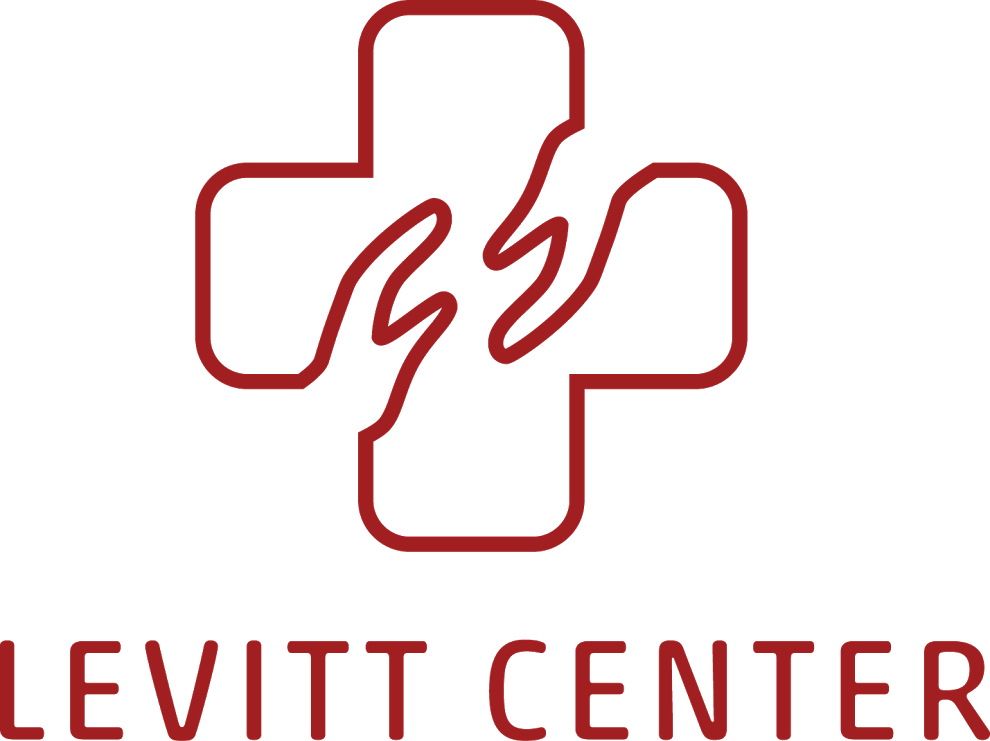Highland Health Advocates
Principal Investigator: Harrison Alter, M.D., M.P.H.
Project Directors: Bill Manns, C.O.O.; Gloria Jenkins, M.S.W., Director of Medical Social Services; Dennis Hsieh, M.D., J.D., Resident, Department of Emergency Medicine; Lia Losonszy, M.D., M.P.H., Resident, Department of Emergency Medicine; David Moskowitz, M.D., M.A.S., Director ACMC HOPE Clinic; Abby Burns, M.S.W.
Highland Health Advocates is an innovative project that aims to enhance our capacity to meet the resource and legal needs of our patients from a perspective that recognizes the critical importance of social and economic determinants of health. We aim to improve the health of low-income patients, enhance the patient experience, increase access to primary care, and ultimately reduce emergency room utilization, inpatient hospitalization, and health care costs. The project brings together student volunteers, social workers, and lawyers to provide a continuum of care for our patients’ social, economic, and legal needs that allows each patient advocate to work at the top of his or her license.
The basic components during the initial phase of this project consist of the following:
- Conduct a needs-assessment of Emergency Services, Internal Medicine, and Social Services staff focused on understanding unmet patient social service and legal needs.
- Organize a resource database with the most commonly cited health, social service, and legal resources that patients need to access, such as emergency food, utility bill support, and substandard housing.
- Train Emergency Department and HOPE Clinic staff to refer appropriate patients to the Highland Health Advocates project.
- Recruit and train volunteer undergraduate, MSW, MPH, and law students passionate about community health to staff the Highland Health Advocates project and work intensively with interested patients to meet their resource needs.
- Collaborate with the East Bay Community Law Center to provide free access to legal services through the project.
This project has its roots in the creative resource desk model of Health Leads as well as the Medical-Legal Partnership (MLP) model. Health Leads is a non-profit organization that mobilizes the volunteer power of college students to connect patients with community services that are critical to health and well-being. Last year, Health Leads helped more than 9,000 patients across 21 sites to connect with a resource, and over 50% of these patients had one critical need solved within 90 days. The organization is in the process of conducting evaluations of their sites, and preliminary data suggests that the resource desks have decreased Emergency Department use in Washington, D.C., and lowered the percentage of low birth weight infants and increased patient and staff satisfaction in Chicago. In addition, these programs enable doctors, nurses, social workers, and other professionals to practice at the top of their skill set. This “task-shifting” is recognized by the WHO as a way to maximize the efficient use of health resources. We are also working collaboratively with a group of health professionals from other hospitals in the bay area interested in the Health Leads model, to share resource information and improve patient care and service coordination cross the regional health system.
The other component of this project is the medical-legal partnership we are developing with the East Bay Community Law Center. MLPs help to bridge the gap that often exists between a patient’s medical recovery in the hospital and barriers to health that exist in the home environment. Legal needs that directly impact health include access to public benefits, housing subsidies, sanitary housing conditions, discrimination in employment and education, legal asylum, and domestic violence. There is a growing body of evidence demonstrating the benefits of MLPs. One study focused on low-income and uninsured patients in Santa Clara county found that access to legal services resulted in significant increases in access to WIC (35.2% versus 50.0%), CalWorks (0.0% versus 9.3%), Food Stamps (13.0% versus 29.6%), Supplemental Security Income (5.6% versus 16.7%), and Child Support (7.4% versus 16.7%), as well as significant decrease in avoidance of health care due to concerns about cost (31.8% versus 13.6%). Another study that examined patients across ten MLP sites found that 70% of MLP patients felt empowered to access needed services versus 39% of non-participants, and 50% of those receiving legal services reported improvements in family well-being, including fewer hospitalizations, fewer asthma attacks, and decreased stress, anxiety, and depressive symptoms. Recent studies of three MLP sites have demonstrated that the cost-recovery from legal advocacy around issues such as disability and health insurance more than covers the cost of program implementation, even though cost-recovering cases are only a small proportion of cases handled.
The creation of Highland Health Advocates incorporating both a Health Leads model and a medical-legal partnership with our existing social work staff at Highland has incredible potential to improve patient care, address social and economic determinants of health, and reduce overall healthcare costs. We are on track to open the project in January 2013 with a focus on the Emergency Department and the HOPE clinic. However, we hope to expand our scope of services to make them available for the entire medical center over the course of the two years.

